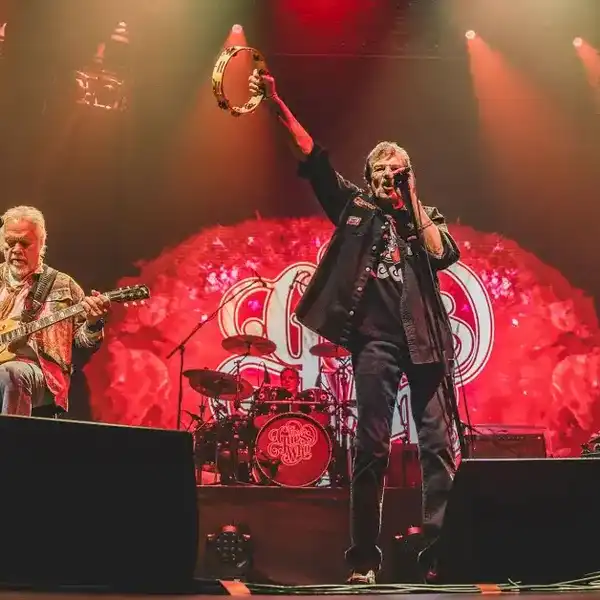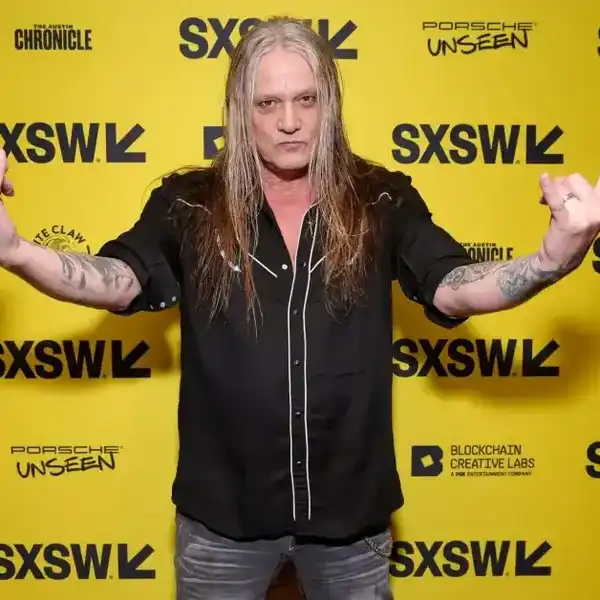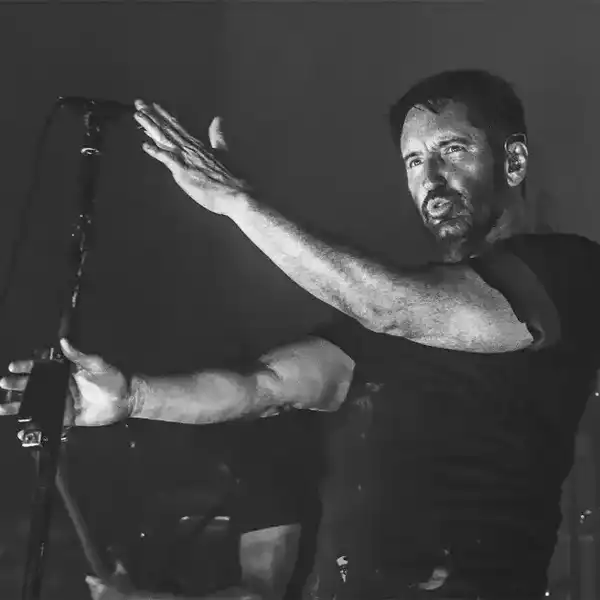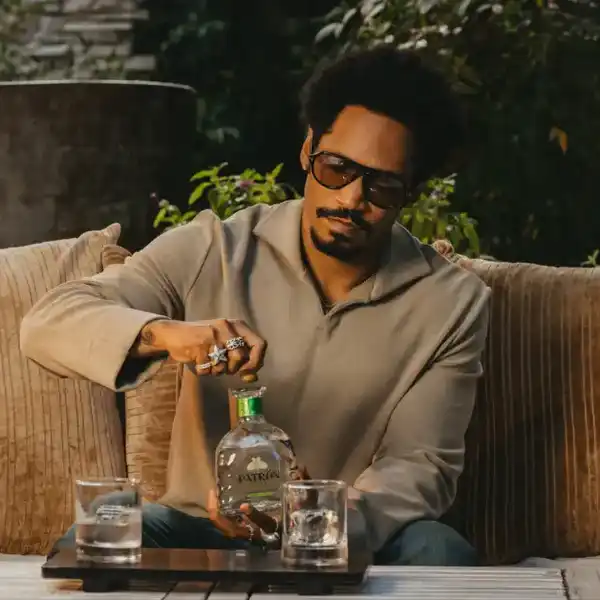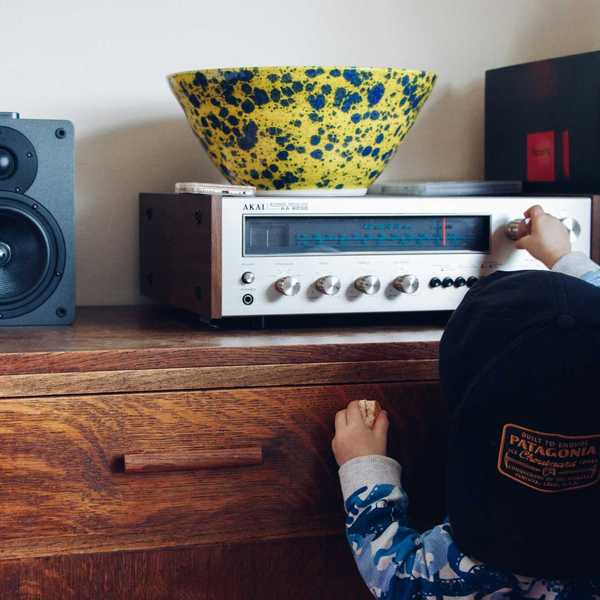Mike Shinoda on Investing in Music Tech: ‘With New Technology Comes New Responsibilities’
From his early venture capital work as part of Linkin Park to more recently advising Warner Recorded Music, he has become a trusted voice on innovation.

Mike Shinoda
Mike Shinoda has long incorporated new tech into both his solo work (like the Beat Saber VR pack and sci-fi/horror web video game that helped launch his recent single “Already Over”) and his music with Linkin Park (like the AI-generated visuals used in the recent music video for unearthed band demo “Lost”). But the artist-producer has also become a key investor in music technology — starting with Linkin Park’s Machine Shop Ventures, which launched in 2015 as a mix of venture capital projects and live-music activations, and now more recently on his own. Since April 2022, he has also served as community innovation adviser for Warner Recorded Music, providing a forward-thinking artist’s perspective on subjects like Web3 and AI.
“With labels and future tech, I feel like doors are opening to new types of artists,” Shinoda says. “At a certain point, you wouldn’t have considered a content creator on a social platform to be a music artist. Now you can! In the future, those doors might also be open to nontraditional projects that are pushing the boundaries of what it is to be an artist.”
Have you been surprised by the degree of industry focus on AI this year, or did you see it coming?
Unless you were already deep in the trenches, I think AI hit everybody in a similar way — it blew up very big, very fast — but part of that is people developing complex things behind the scenes. Once some of the general concepts about how one could use AI became more widely known — and the concerns and the creativity, all the different positive and negative sides of it — people started releasing things, and you started getting a sense of how fast it’s moving and all the things we could do.
It’s exciting and it’s new, but you know, I come from an illustration background, and that artist community was up in arms immediately, saying, “Hey, guys, this technology is stealing from us. These are copyrighted images, and it’s pulling them and riffing off of them to make new things.” That’s just the tip of the iceberg.
How much has being an artist informed how you interact with these new technologies and potentially invest in them?
Being an artist, there are times when you are relied on to develop a vision of something, and it needs to come from you — you are responsible for it, you curate it, you collaborate with other people to make it the best it can be. And as part of that, you’re also in charge of communicating it, of accepting criticism and sorting through ideas. Whether as a kid growing up doing drawing and painting and graphic design, to everything with the band and all of our releases, that skill set carries over to a lot of the founders that I’ve worked with and had the chance to meet over time.
What is an early highlight of your own investing career?
I was one of many investors and advisers when Spotify came to the U.S. To be honest, it wasn’t a lot of money — but it was fascinating to talk with Daniel [Ek] and his team as they were in the midst of the huge cultural shift that happened.
Which areas of music tech are you most interested in right now?
One thing that has been on my mind is that with new technology comes new responsibilities. Historically, artists have been on the end of this equation where their work gets treated like it doesn’t have very much value. When you’re a smaller artist, you go, “Well, this is just the way it is. This is how I get to the point where people hear me for the first time, so I’m going to give away everything for free and just play that game.” And then when you get to a certain point, you realize, “Oh, my gosh. My stuff really does have value. How do I capture that value?”
Because of the changes in technology, different companies developing new things are trying to take a big bite out of the apple that is the artist’s intellectual property. For any artist that hears me talking about this, I hope that it occurs to them: It’s your job to protect the work, to put a value on it, and that value might actually be higher than other people might say it’s worth.
Additional reporting by Kristin Robinson.
This story will appear in the Oct. 21, 2023, issue of Billboard. It was originally published on Billboard U.S.


